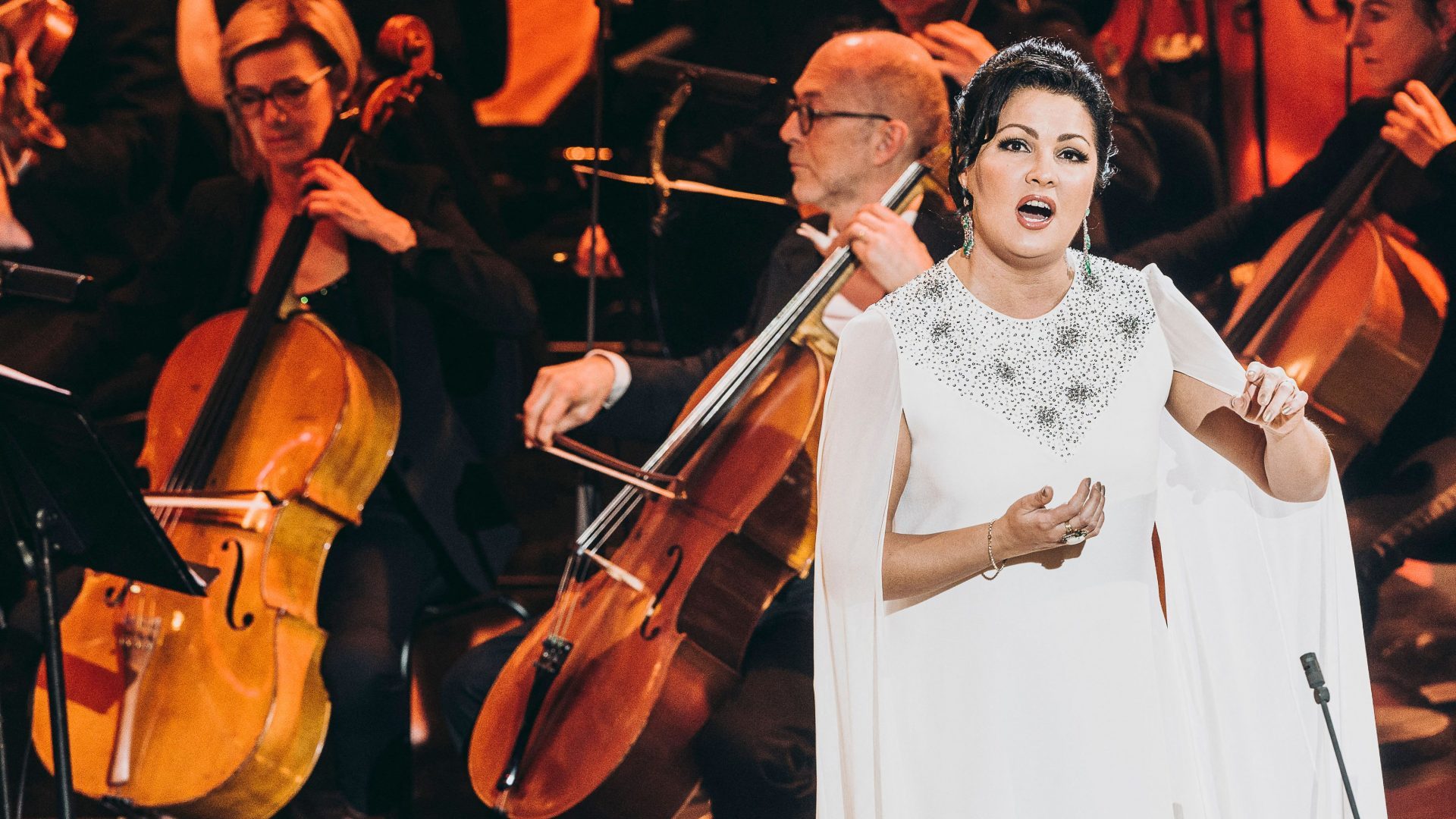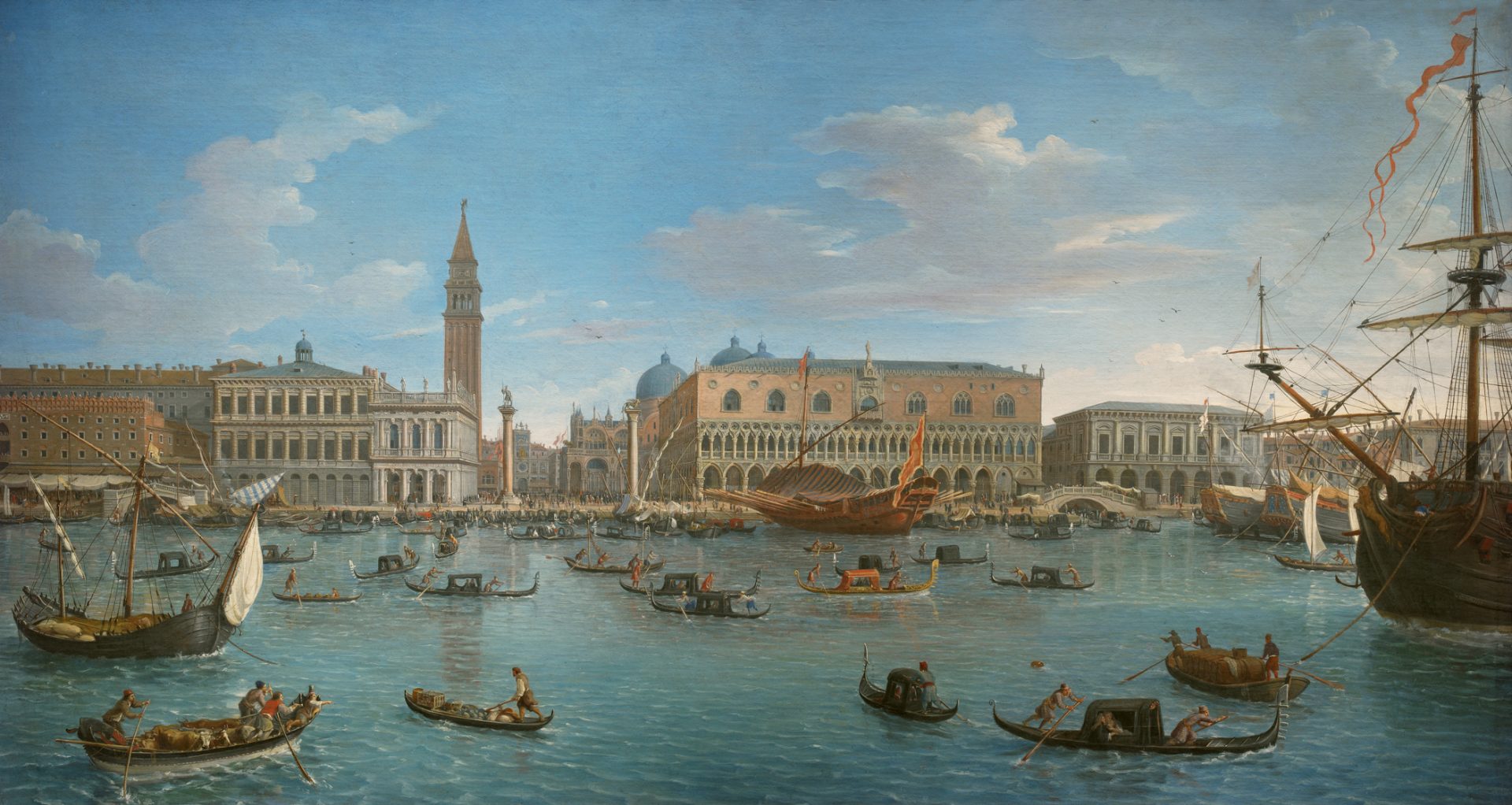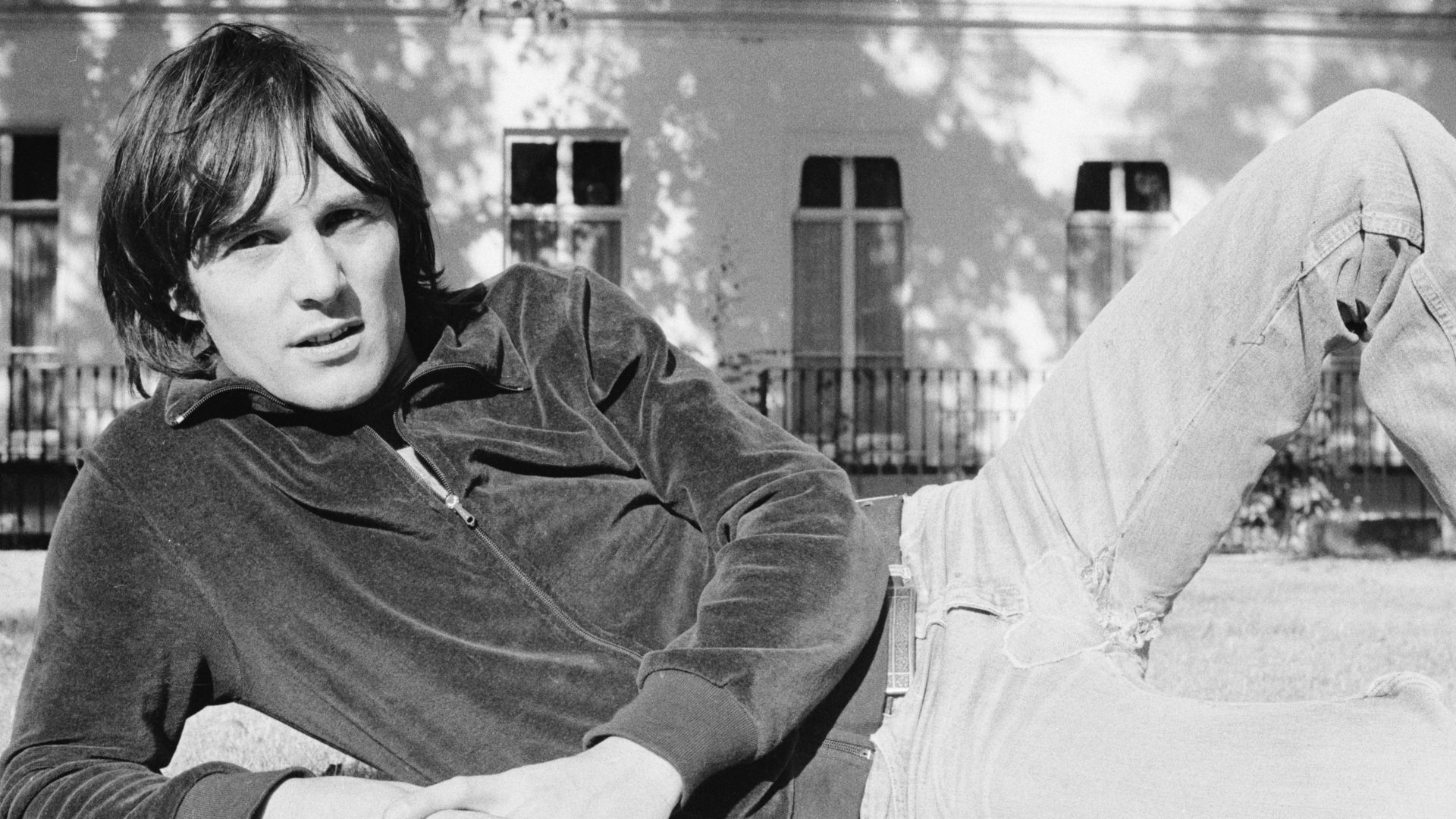Galina Korinets was a picture of disdain and amusement. “So, you’re wondering how I can play here with all those pesky Russians?” she snorted. “My flatmate is a Russian – when the troubles (2014 Ukraine crisis) started, we were called into a meeting and told ‘no fighting, OK?’ I said, ‘Are you kidding? Why would we fight? We are friends’.”
This was in 2019, and Korinets was about to go out to lead the Pan-Caucasian Youth Orchestra in a performance of Shostakovich’s Symphony No 9 at a music festival in Tsinandali, in Georgia.
Described as a peace orchestra, the PCYO contained young musicians from countries in conflict. In the breaks, an Azeri violinist played chess with an Armenian while their leaders faced off over the disputed territory of Nagorno-Karabakh. With a young Turkish oboist (her country at loggerheads with Armenia over recognition of the Ottoman-era genocide of Armenians),
they conversed in a mixture of Turkish, Azeri, Russian and English. In rehearsals, Georgians shared performance notes with players from Russia – which occupies part of the former’s country – who defied Moscow’s ban to travel there.
One said to me: “When I play I’m not representing my nationality – I’m immersed in the universality of music.” They were completely uninterested in allowing conflict to damage their friendships and art.
But now, Putin’s invasion of Ukraine has driven a tank on to that particular lawn. As international outrage mounts, musical scalps have started to fall. Most notable is Valery Gergiev, the celebrated veteran Russian conductor, who has been sacked by the Munich Philharmonic and as musical director of the Verbier festival. A slew of performances in the US and Europe have been cancelled. Pianist Denis Matsuev, booked to play with him in Carnegie Hall, was also dropped, while performances by Anna Netrebko, one of the top sopranos of our time, have been cancelled across the world. Russian ballet companies are no longer touring.
It’s hard to imagine Russian performers taking the stage as usual. But where do you stop?
Gergiev is a clear-cut case. A close ally of Vladimir Putin since the start of his career, he has organised concerts to celebrate Putin’s dubious military victories. His access to power and money has helped his career endure abroad. Music insiders say wherever he goes, Gazprom appears with sponsorship offers. But, musically, he won’t be missed.
Netrebko, who has posed with the flag of Russian separatists in Ukraine, once praised Putin’s “strong male energy” and said she would love to be his mistress.
But babyfaced Russian piano virtuoso Alexander Malofeev – whose long-awaited summer concert in Vancouver was “postponed” indefinitely – was not cancelled for his views. The organisers worried that going ahead would be unconscionable, and also make him a target for protesters. The anger will also come for Russian donors, who are in some cases linked to Putin.
As Malofeev said: “The truth is that every Russian will feel guilty for decades because of the terrible and bloody decision that none of us could influence and predict.”
Some Russians, such as the pianist Evgeny Kissin and conductors Vasily Petrenko and Vladimir Jurowski, have denounced Russia, but they work
largely outside the country. Others, including Tugan Sokhiev, who quit positions in Toulouse and Moscow, were upset at being asked to choose one culture over the other. It’s not easy to speak out.
In the long term, a blanket ban on Russian artists is hugely problematic and needs greater nuance. Kissin, while stating that “supporters of a criminal war waged by a dictator and a mass murderer should have no place on the concert stages of the civilised world”, said this didn’t extend to those who have stayed out of politics. Younger, apolitical musicians stand to lose crucial early career opportunities as well as the chance to bypass Putin’s media bans to hear the truth.
Russian musicians past and present have struggled both with being tainted by their political overlords and trying to operate under the pressures these
regimes imposed on them.
Dmitri Shostakovich was in and out of favour with the Soviet leadership, but
would hardly dare to denounce Stalin. I was struck by a recent comment by
a friend – a composer and conductor – who mused: Was Shostakovich, with his music, “trying to tell us about this creative imprisonment that he couldn’t
articulate in words?”
If we cut off Russian musicians indiscriminately, are we cutting off their right to the free speech – through art if not public statements – over which this battle is essentially being fought?




